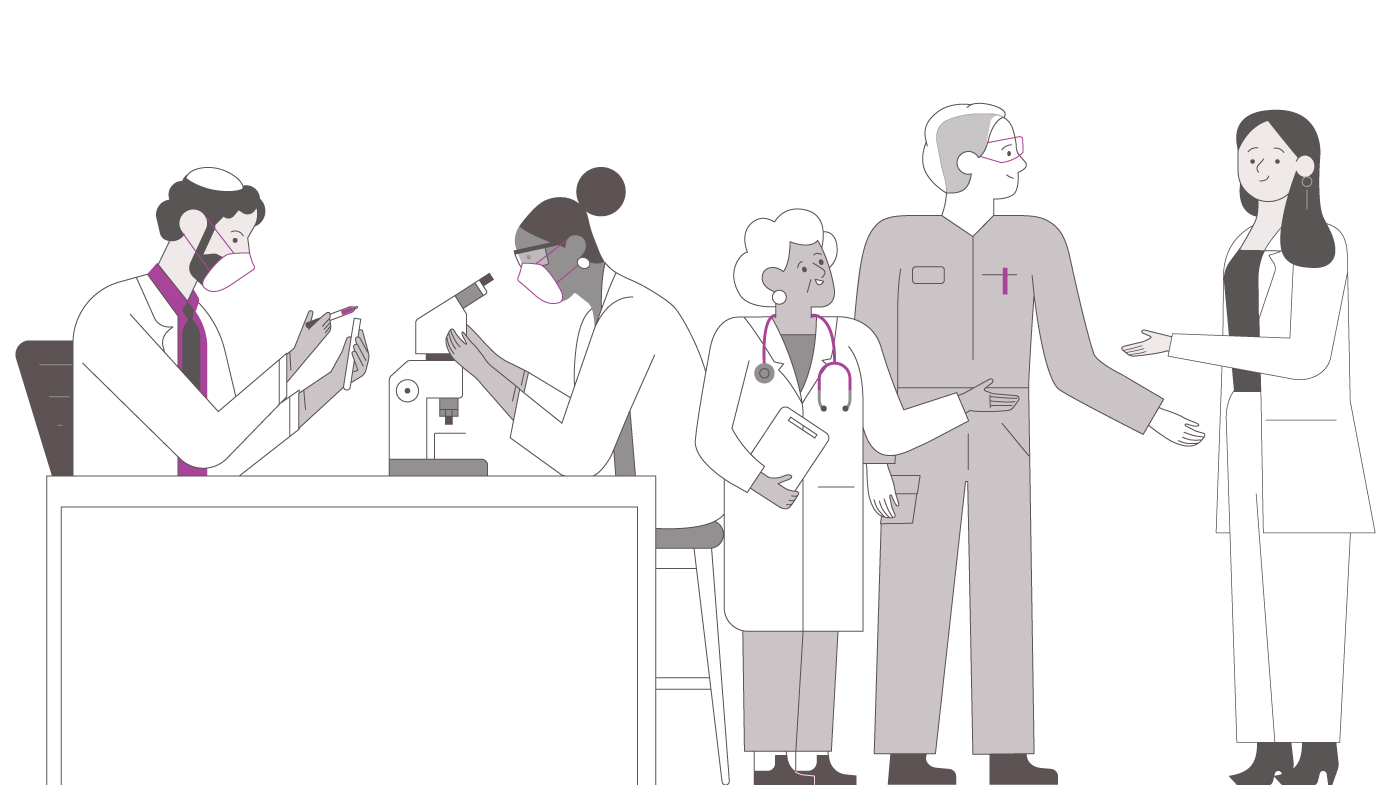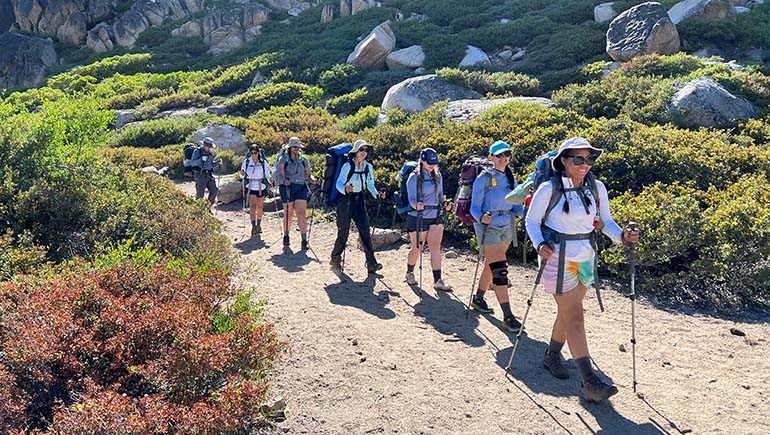Racial diversity in the workplace
This year, Bristol Myers Squibb released a Global Diversity and Inclusion report to show the racial demographics of our workforce. Our commitment to diversity is unwavering, but as our D&I report showed, we still have work to do. Bristol Myers Squibb is taking accountability and promoting transparency regarding our current employee workforce. By the end of 2022, we aim to double executive representation of Black and Hispanic/Latino employees in the U.S.
To diversify our future talent pool, we are providing scholarships and mentorship to Black students at HBCUs, as well as collaborating with five leading HBCUs to launch Tomorrow’s Innovators, a program that creates custom biopharma educational programming designed to prepare undergraduate students for a career in the industry. Bristol Myers Squibb also is partnering with United Negro College Fund to sponsor the Ernest E. Just Postgraduate Fellowship Program in the Life Sciences, which is dedicated to Black scientists.
Building a diverse pipeline of talent will help us evolve beyond our ways of doing business and find creative, meaningful ways to impact Black communities. Already we are significantly expanding our partnerships with diverse suppliers to help them transform their businesses, create new jobs and generate an overall positive economic impact in their communities.
As a member of the company’s Black Organization for Leadership and Development (BOLD) employee group, which fosters an inclusive environment, promotes bold leadership, encourages involvement in the community and increases cultural awareness across the company, I have seen firsthand these initiatives grow, but there is much more work to be done.
Hiring diverse talent is critical, but we cannot stop there. People’s capabilities are only as limited as the opportunities they receive, and I want our industry to provide as many as possible in the form of long-term investments. If we do, change will be made, one day at a time.





